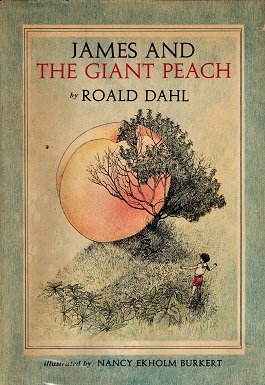Carl Spitteler
Explore the timeline of Carl Spitteler, the renowned Swiss poet and the 1919 Nobel Prize in Literature laureate. Delve into the significant events and achievements in Spitteler's life, including his major works, contributions to literature, and his influence in the literary world. This timeline provides insights into the life of one of Switzerland's most celebrated literary figures.
Birth of Carl Spitteler
Carl Spitteler was born on April 24, 1845, in Liestal, Switzerland. He was the son of a Swiss pastor and grew up to become one of Switzerland's most distinguished poets and novelists, writing major works in German. Though he initially studied theology, Spitteler eventually turned to literature as his primary vocation.
Publication of 'Epische Lieder'
In 1881, Carl Spitteler published 'Epische Lieder', marking his first major literary work. This collection of epic poems established his reputation as a significant Swiss literary figure. Spitteler's style in these poems was heavily influenced by classical themes and the natural beauty of Switzerland.
Publication of 'Olympian Spring'
'Olympian Spring', published in 1905, is Carl Spitteler's renowned two-part epic poem that reflects his fascination with mythology and epic narratives. The poem combines elements of classical Greek mythology with Spitteler's own visionary imagination, underscoring his philosophical outlook and literary innovation.
World War I Speech Calling for Neutrality
In August 1914, Carl Spitteler gave a notable speech wherein he argued for Swiss neutrality amidst the outbreak of World War I. Spitteler's advocacy for peace and neutrality resonated with the Swiss populace and intellectual community, reaffirming his position as a respected literary and public figure in Switzerland.
Nobel Prize in Literature Awarded
Carl Spitteler was awarded the Nobel Prize in Literature in 1919 for his significant contributions to literature, particularly recognized for 'Olympian Spring'. His works, characterized by their imaginative depth, earned him international acclaim and solidified his status as an eminent literary figure of his time.
Death of Carl Spitteler
Carl Spitteler passed away on December 29, 1924, in Lucerne, Switzerland. His death marked the end of an era for Swiss literature, as Spitteler had been one of its brightest luminaries. He left behind a rich body of work that continued to influence and inspire writers and readers around the world.
Frequently asked questions about Carl Spitteler
Discover commonly asked questions regarding Carl Spitteler. If there are any questions we may have overlooked, please let us know.
What are some of Carl Spitteler's notable works?
Who was Carl Spitteler?
What significant events occurred in Carl Spitteler's early life?
When did Carl Spitteler receive the Nobel Prize in Literature?
Related timelines
More timelines connected to Carl Spitteler







